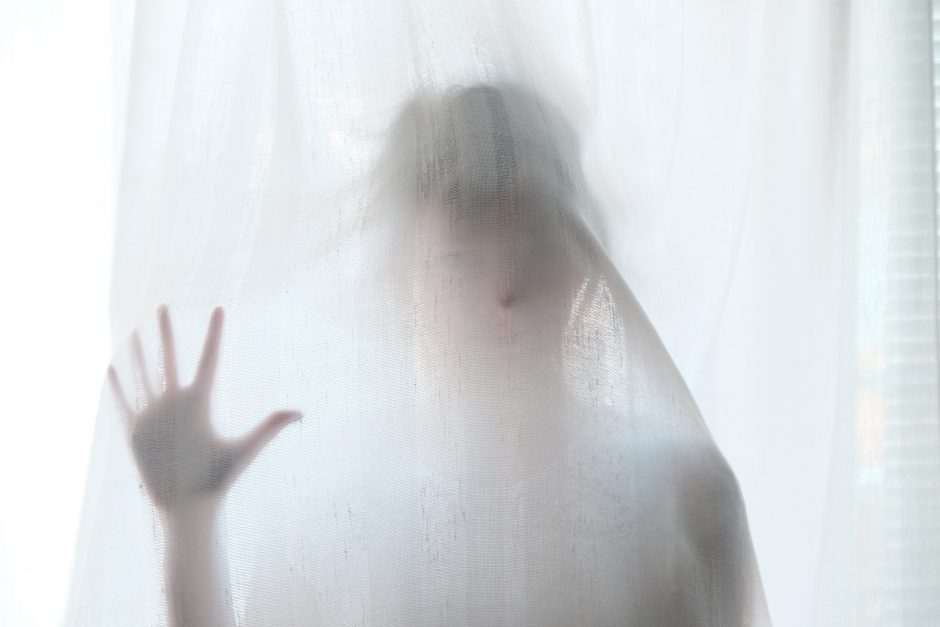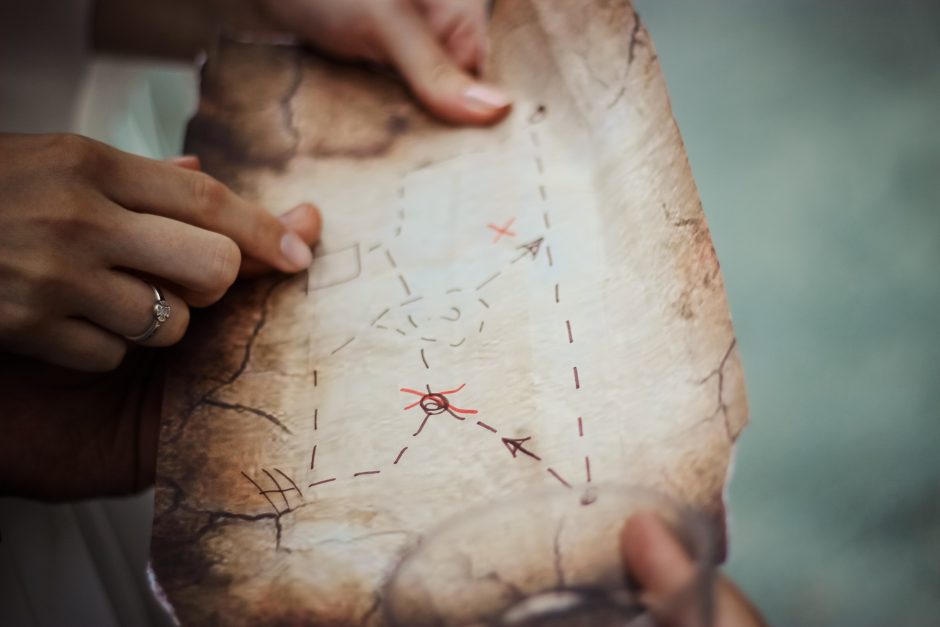The sun was not bright like the day before. It was a gentle and calm sun. Clouds covered it and made it calm and gentle, but still the light from it gave the time the meaning of morning. The man woke up and brushed his teeth. He looked at himself in the mirror and felt deep shame. A kind of shame that made him not want to look in the mirror anymore. He put on his jeans and a white t-shirt that had a stain on the left shoulder from the pasta he ate the night before. The man didn’t look at the time and went outside his mother’s house. He didn’t say where he was going to his mother and two sisters. His sisters were in the lounge watching something that had a lot…
“A Very Vulnerable Place,” by Alexander Kemp
“You’re neither in Heaven nor Hell.” “Is this Purgatory?” The Old Man sighed. “Some call it that.” I looked around the modest cottage. The only furniture present was a wooden cross on the wall. Heat arose from the fireplace. The windows had thick black bars. “Have I been here before?” I asked. The Old Man pointed to the brown door. “Put your ear to it and listen.” Rushing over to the door, the knob vanished as I reached for it. I put my ear to the wood. No sound. “Close your eyes,” The Old Man instructed. * My elderly father pounded the table. “His eyes twitched. They opened. I’m serious, doctor.” “This has to be God bringing him back,” my frantic mother explained. Dr. North held his hands up. He said, “Eyes twitch. This happens…
“Carson McCullers,” Poetry by Abigail George
Carson McCullers I will always love music, she said to me. Turned her face away and became a sad ghost like all the people that I have loved in my life. The sad ghost, dead snakes, the religious, the ordered hide mischief in plain sight. The geranium has a tongue and the sky appears to be falling. The moon walks wider now. It curls up. The red-haired sun does not know how to travel lightly in summer. She swoons. She will fall at your feet if you remove articles of your clothing. I travel light in these heavy years. Waving earlier to the good women who pass me by. With their white teeth and their sweet breath. Bread to the soul. And the wind is sunburnt from the form and shape of the river, to the…
“Of Dark Energy,” A Short Story by G. D. McFetridge
Something about the old man seemed unpredictable—motives hidden behind the vacuous glimmer in his eyes, the way he stroked his long gray beard, his thunderous laugh—and he had told the same story for years. His only son, Lukas, when he was a senior in high school had survived a car accident that killed three people. The other driver was drunk, and he and his wife died instantly. Her nephew died two days later. But young Luke walked away with cuts and a few fractured ribs. The old man always said, “My boy was born just plain lucky.” Many years later after his father died of lymphoma, Luke thought it prudent to get a thorough medical examination, and everything seemed fine until the doctor telephoned to discuss the lab reports. He didn’t go into specifics but…
“Mythomane’s Truth,” Poetry by Sanjeev Sethi
Mythomane’s Truth If we could retrofit ourselves? I would not be me nor you, you. Imagine me without infirmities. I would no longer be po-faced, pudgy and potbellied. My eyes wouldn’t swim sans Adam’s ale. If any of this gladdens your gut: I reckon, you aren’t for me. ** Flux From entanglements of existence I’m in firmament of my own. In roll-call of needs anamnesis mitigates. Past is polished with coats of one’s inner complexion. Peeps are like diaries different page different piece: same smell. ** Vision When you unself from a situation or skein: you deliver lavish dividends for yourself. Opportune distancing mends the ache: of the eventualities of our exploits. Propinquity bedims the perspective: leaving us to lust after our parakeet or pelt. *** Sanjeev Sethi is published in over 25 countries. He has more than 1200 poems printed or posted…





